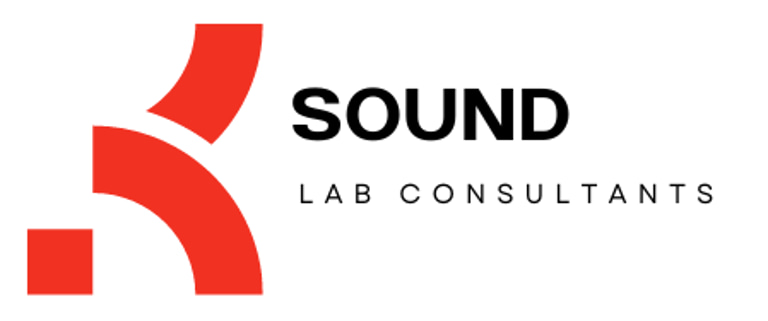CLIA Personnel Requirements and Responsibilities
CLIA Technical Consultant
High Complexity Laboratories
Position Not Needed
Moderate Complexity Laboratories
The technical consultant must possess a current license issued by the State in which the laboratory is located, if such licensing is required.
(b) The technical consultant must—
(1)
(i) Be a doctor of medicine or doctor of osteopathy licensed to practice medicine or osteopathy in the State in which the laboratory is located; and
(ii) Be certified in anatomic or clinical pathology, or both, by the American Board of Pathology or the American Osteopathic Board of Pathology or possess qualifications that are equivalent to those required for such certification; or
(2)
(i) Be a doctor of medicine, doctor of osteopathy, or doctor of podiatric medicine licensed to practice medicine, osteopathy, or podiatry in the State in which the laboratory is located; and
(ii) Have at least one year of laboratory training or experience, or both in non-waived testing, in the designated specialty or subspecialty areas of service for which the technical consultant is responsible (for example, physicians certified either in hematology or hematology and medical oncology by the American Board of Internal Medicine are qualified to serve as the technical consultant in hematology); or
(3)
(i) Hold an earned doctoral or master's degree in a chemical, physical, biological or clinical laboratory science or medical technology from an accredited institution; and
(ii) Have at least one year of laboratory training or experience, or both in non-waived testing, in the designated specialty or subspecialty areas of service for which the technical consultant is responsible; or
(4)
(i) Have earned a bachelor's degree in a chemical, physical or biological science or medical technology from an accredited institution; and
(ii) Have at least 2 years of laboratory training or experience, or both in non-waived testing, in the designated specialty or subspecialty areas of service for which the technical consultant is responsible.
General Requirements
Must be available to provide needed consultation either on-site, by telephone, or electronically
Selects test methodology appropriate for the clinical use of the test menu
Verifies procedures for testing performed and establishes the laboratory’s performance criteria, including accuracy and precision of each test and test system
Enrolls the laboratory in an approved PT program commensurate with services offered
Establishes a quality control program appropriate for the testing performed, establishes the acceptable levels of analytic performance, and ensures these levels are maintained throughout the testing process
Resolves technical problems and ensures corrective actions are taken whenever test systems deviate from the laboratory’s established performance specifications
Ensures patient test results are not reported until all corrective action has been taken and the test system is functioning properly
Identifies training needs and ensures testing personnel receive regular in-service training
Evaluates the competency of all testing personnel on an ongoing basis
Evaluates and documents Testing Personnel’s performance at six months and twelve months during the first year of employment and yearly thereafter. Performance is reevaluated (prior to reporting patient test results) if test methodology or instrumentation changes. The evaluation must include the use of the new test methodology or instrumentation
